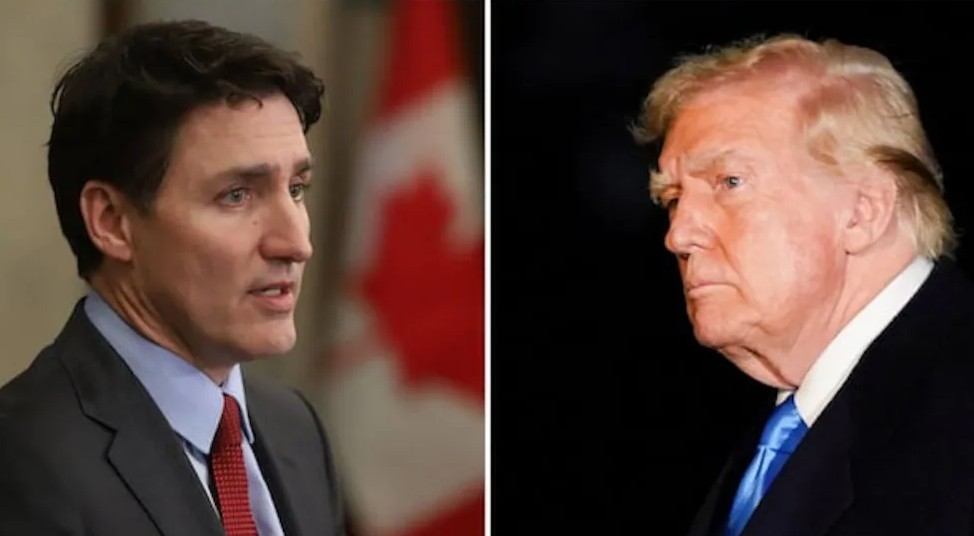EU and Canada Vow Tit-for-Tat to Trump's 25% Steel and Aluminium Tariffs, Triggering New Round of Retaliation
The European Union and Canada have vowed to respond with countermeasures following President Donald Trump's decision to impose sweeping tariffs on all steel and aluminium imports, triggering a new rou

The European Union and Canada have vowed to respond with countermeasures following President Donald Trump's decision to impose sweeping tariffs on all steel and aluminium imports, triggering a new round of retaliation in the ongoing trade war.
On Monday, Trump signed proclamations to increase U.S. tariffs on aluminium and steel to a flat 25%, while also eliminating all exemptions previously granted. These changes, which affect millions of tons of steel and aluminium imports from Canada, Brazil, Mexico, South Korea, and other nations, will take effect on March 4.
"It's 25% without exceptions or exemptions. That's all countries, no matter where it comes from, all countries," Trump told reporters. He further indicated that reciprocal tariffs would follow for countries that impose duties on U.S. goods and signaled potential tariffs on other sectors, including cars, semiconductors, and pharmaceuticals.
It is noteworthy that Trump has long complained about the EU's 10% tariff on auto imports, which is much higher than the U.S. car tariff rate of 2.5%. As a result, the EU could be the next target for U.S. tariffs.
European Commission President Ursula von der Leyen expressed strong disapproval of the U.S. decision, warning that such tariffs would harm both businesses and consumers.
She made it clear that the EU would not let the U.S. tariffs go unanswered, confirming that "unjustified tariffs on the EU will not go unanswered – they will trigger firm and proportionate countermeasures." While specific actions were not detailed, one potential response could involve the reactivation of tariffs the EU had imposed in 2018, which were suspended under an agreement between von der Leyen and then-U.S. President Joe Biden.
Steel imports represented approximately 23% of U.S. steel consumption in 2023, according to the American Iron and Steel Institute, with Canada, Brazil, and Mexico being the top suppliers. Canada, in particular, plays a significant role in aluminium trade, supplying nearly 80% of U.S. primary aluminium imports in 2024, thanks to its vast hydropower resources that support its metal production.
Prime Minister Justin Trudeau of Canada called the tariffs unacceptable, and, speaking at the Paris Artificial Intelligence Summit, emphasized that Canada would respond decisively if necessary. Canadians will stand up strongly and firmly if we need to, he stated.
The new North American standard introduced by Trump will also require steel imports to be "melted and poured" and aluminium to be "smelted and cast" within the region, aiming to curb imports of minimally processed Chinese and Russian metals that bypass tariffs.
Although China exports only a small volume of steel directly to the U.S., it remains a major contributor to global overcapacity in steel production. According to the U.S., subsidized production in China forces other nations to export more steel and facilitates the transshipment of Chinese steel through third-party countries to avoid tariffs.
Disclaimer: The views in this article are from the original Creator and do not represent the views or position of Hawk Insight. The content of the article is for reference, communication and learning only, and does not constitute investment advice. If it involves copyright issues, please contact us for deletion.